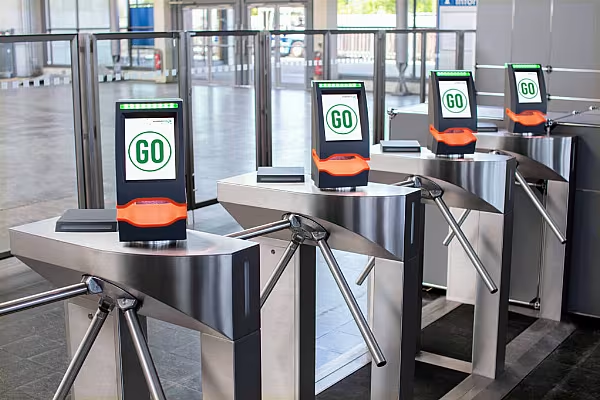The prolonged closure of the trade fair sector in Germany has cost the economy €40 billion, a new study by AUMA, the association of the German trade fair industry, has found.
Aside from some small events in September and October of last year, no trade fairs have been permitted to take place since March 2020, with events for the second quarter of this year also likely to be cancelled or postponed.
However, the fact that some federal states, including Baden-Württemberg, Lower Saxony and North Rhine-Westphalia, have put in place measures to restart the trade fair sector, marks an "important step" back to normality, commented Jörn Holtmeier, managing director of AUMA.
'Clear Signal'
"Trade fair organisers, exhibitors and service providers now expect a clear signal from all federal states that trade fairs are being given the go-ahead," he said.
"The favourable development in the number of infections makes it possible to put in place measures to boost the economy. Otherwise, the constant waiting process will endanger the existence of organisers, exhibition stand construction companies and many other partners in the exhibition industry."
Also impacted by the closure of trade fairs have been hotel, catering and transport sectors, particularly in cities with large-scale exhibition centres.
"We now need nationwide decisions for each trade fair, otherwise the trade fair programme for the second half of the year will be at greater risk," said Holtmeier. "Some 60% of the 380 trade fairs planned for 2021 have already been canceled."
© 2021 European Supermarket Magazine. Article by Stephen Wynne-Jones. For more A-Brands news, click here. Click subscribe to sign up to ESM: European Supermarket Magazine.











